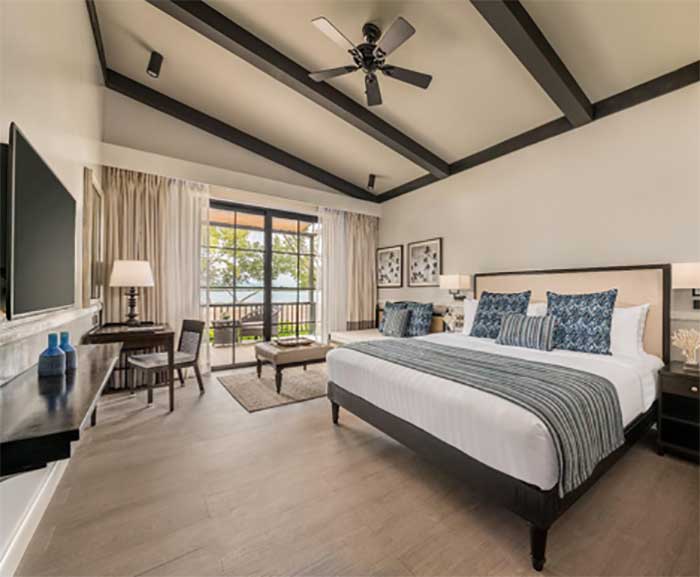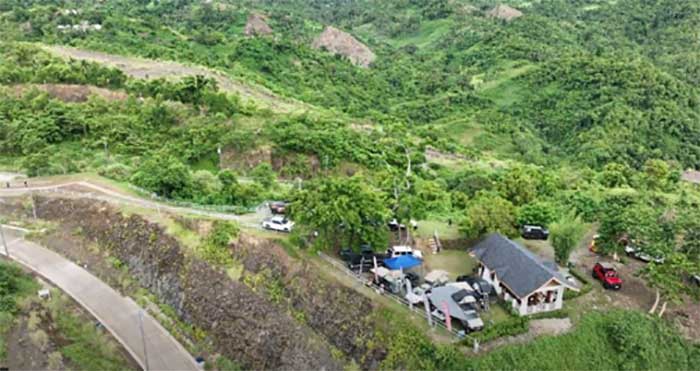Over the last two decades, Torre Lorenzo Development Corp. (TLDC) embarked on providing stylish and contemporary living spaces and elevating the lifestyles of Filipinos.
First to bring Premium Student Residences in the country, TLDC has grown to become a full-scale developer with mixed-use developments, leisure destinations, and townships across Manila, Lipa, and Davao.
With new projects and partnerships in the pipeline, TLDC continues to be committed to creating value and growing sustainably, recognizing that as it builds developments in emerging urban centers, it has a responsibility not only to its clients, but also to the environment and the community where it operates.

“We deliberately study and embed practical and impactful sustainable practices in the different facets of our operations and day-to-day activities,” said Cathy Casares-Ko, TLDC chief operating officer.
Casares-Ko said the company ensures strict and timely compliance with all pertinent social, environmental, and economic laws and regulations.
But for TLDC, managing its environmental footprint goes beyond compliances and certifications.
“Key to our sustainability efforts is securing the support of our residential communities.
Because we are a relatively young player in the real estate industry, we’re able to embrace new ideas and constantly innovate in terms of efficiently managing resource use in our buildings,” said Casares-Ko.
TLDC’s in-house property management team has been actively taking steps to monitor energy and water usage in its buildings. The company has been implementing rainwater catchment across sites. The collected water is used for cleaning purposes. All the common areas in buildings have also been using LED lights for energy efficient lighting. Residents are regularly encouraged to conserve water and electricity through regular memos and newsletters. TLDC also observes proper waste segregation in its buildings.
While the pandemic has underscored the importance of health and wellness in building design, TLDC has long been innovating and building smarter to cater to the changing needs of its residents.
TLDC has incorporated functional spaces and amenities in its developments that help positively impact residents’ well-being. This includes open spaces in Sky Decks and Sky Lounges, and conducive study and meeting rooms. The building gyms are also equipped with complete and high-quality facilities to promote physical activity.
Furthermore, TLDC ensures improved air circulation in common areas using hospital-grade air purifiers. It maximizes natural ventilation where it can through operable windows and doors.
Safety protocols are constantly updated and enforced to ensure a safe environment.
TLDC utilizes technology to improve services where it can. Its building implements an RFID system that provides exclusive electronic access to residential units. It has also accelerated digital channels for payments and fees.
The company will also be introducing a portal where building residents can easily do contactless transactions with the property management such as requests for work orders, amenities reservations, and requests for permits and gate passes, among others. This new system encourages efficient resource management and consequently improves ease of doing business with TLDC.
TLDC ensures that it gives back and contributes to the progress and development of the communities where it operates. It has put in place various social responsibility programs aimed at uplifting these communities. In Davao and Manila, the company works with partner communities for various livelihood and agricultural training programs as well as scholarships and education endowment.
Dusit Thani Lubi Plantation Resort, TLDC’s flagship leisure development in the Davao Gulf, is likewise committed to sustainable practices and combating climate change in its operations.
The island utilizes a sophisticated heat recovery system where the use of aircon in the private villas allows the resort to generate hot water for its guests. This water heating system drastically reduces energy consumption efficiently.
The resort also has a sewer treatment plant (STP) where wastewater is treated to be used for irrigation. The luxury island was purposely designed in a slope to drain elevation so that water naturally flows downstream to the sea minimizing the need for electric water pumps.
For its waste management, Lubi has its own material recovery facilities (MRF) that supports waste segregation. Trash that can be recycled like plastic, paper, and glass are turned over to the local government for proper handling.
Environment-friendly transportation options are available in an effort to reduce overall fuel consumption. Electric vehicles are provided for guests while hotel staff use bicycles to move around.
In its goal to preserve marine life in the Davao Gulf, the company has also built a coral and marine sanctuary in the Dusit Thani Lubi Plantation Resort.





